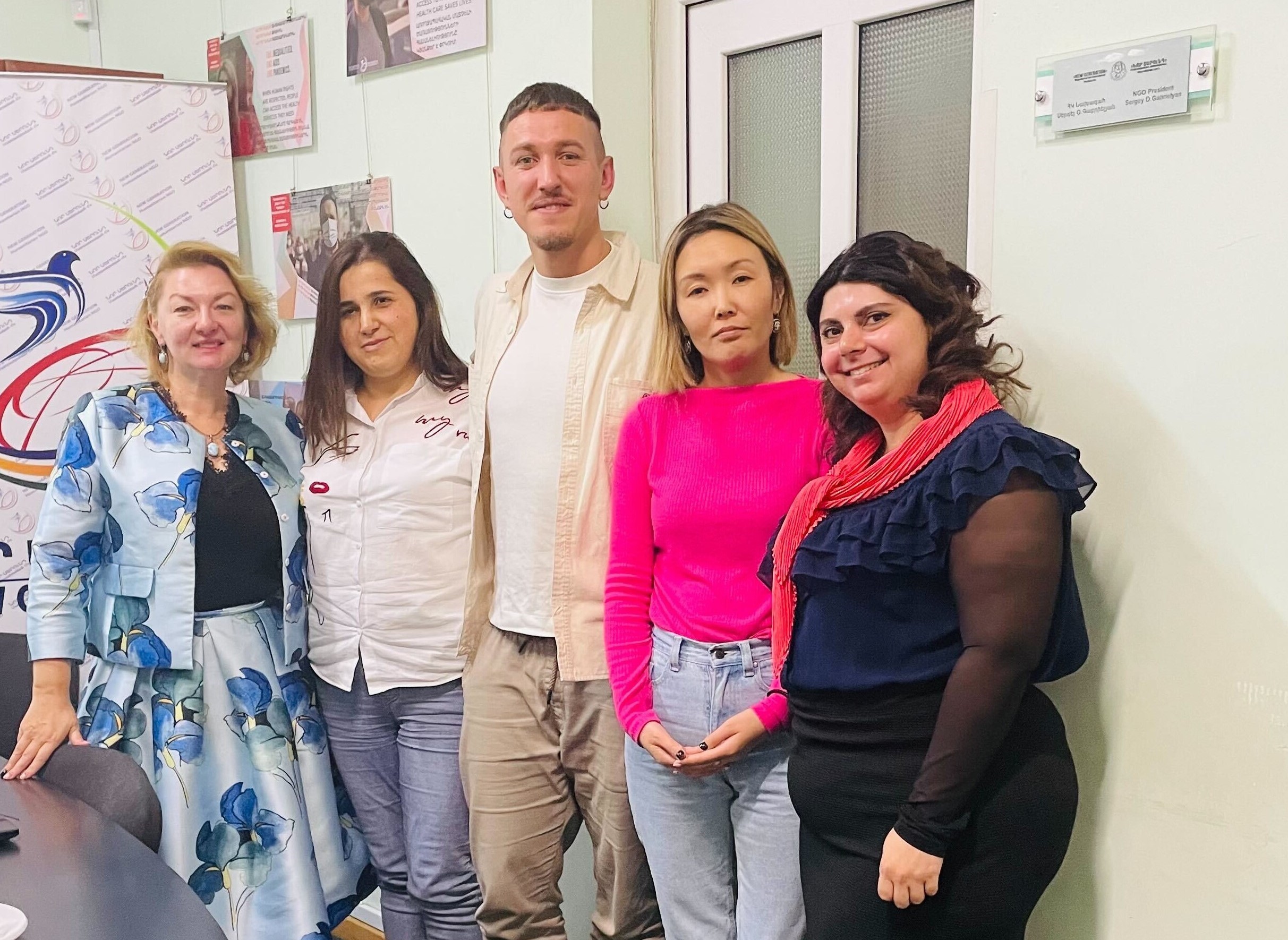On July 21, a meeting of the International Health Regulations (IHR) Emergency Committee was held. As a result of this meeting, the WHO Director-General designated the monkeypox outbreak as a public health emergency of international concern. ECOM continues to monitor information and support communities in the EECA region that are at risk of infection.
A public health emergency means that all countries must begin to respond to the threat of the spread of monkeypox. To this end, the WHO has issued a set of temporary recommendations to combat the outbreak.
The recommendations are divided into four categories:
А) countries with no outbreak yet
They are asked to prepare as much as possible for possible outbreaks of the disease, and to take action, both medically and socially, to ensure a non-discriminatory approach to people who may be infected.
B) countries experiencing human-to-human transmission of the monkeypox virus
They are being asked to respond to the monkeypox outbreak in a coordinated and large-scale manner. It is important to involve communities that have been affected by the infection (this includes the LGBT community) as much as possible in the development of the response to the outbreak.
C) countries experiencing animal-to-human transmission of the monkeypox virus
They are asked to coordinate the actions of public health authorities with the authorities that are responsible for wildlife and domestic animals, and to investigate the transmission of the infection from animals to humans.
D) countries with manufacturing capacity for drugs and vaccines
They are asked to cooperate with WHO and help in the search for effective diagnosis, treatment and vaccination.
According to the latest WHO data, between 1 January 2022 and 20 July 2022, 14,533 probable and laboratory-confirmed cases were reported to the WHO in 72 countries across all six WHO regions. This proves that this is a multi-country outbreak of monkeypox, which means that the whole world needs to respond to it.
Transmission is occurring in many countries that have not previously reported cases of monkeypox, and the largest number of cases are now found in countries in the WHO European Region and the Region of the Americas.
Currently, the majority of reported cases of monkeypox occur in men, and most of these cases occur among men who self-identify as gay, bisexual and other men who have sex with men (MSM) in urban areas, and clustered in social networks.
Therefore, preventive measures among LGBT communities should be continued. ECOM has developed an infographic with recommendations on how to reduce the risk of infection with monkeypox.
Modelling by the European Centre for Disease Prevention and Control (ECDC) and the European Commission’s Health Emergency Preparedness and Response Authority (HERA) suggests that case isolation and contact tracing are effective methods for bringing an outbreak under control.
But in practice, it is extremely difficult to implement such measures for the following reasons:
- case detection is difficult due to barriers to accessing diagnostic tests;
- it is difficult to isolate patients for 21 days, due to the fact that people have a negative attitude towards isolation after staying at home for a long time and the many restrictions that they were subjected to during the COVID-19 pandemic;
- contact tracing is difficult as contacts are often numerous and may be anonymous.
We will continue to monitor the monkeypox outbreak and keep our communities informed.










